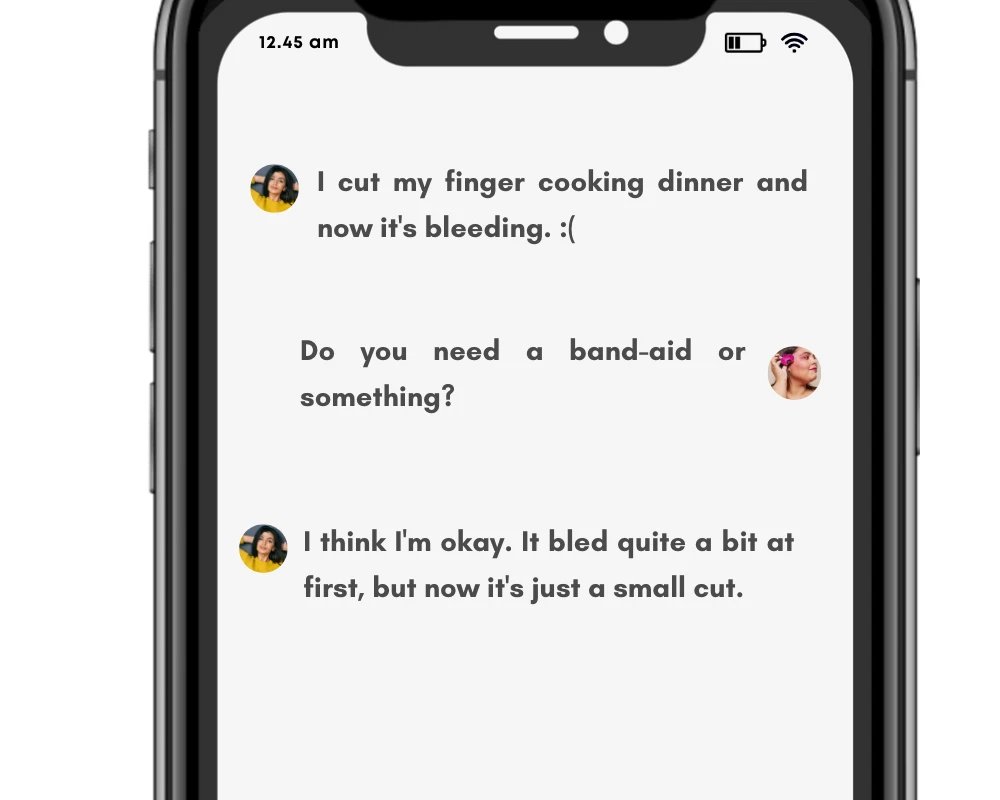
What's the past tense of "bleed"?
The simple past tense of bleed is bled, and the past participle is also bled. Use bled for both simple past and past participle forms.
Definition of bleed
The Oxford English Dictionary defines bleed as "to lose blood from the body as a result of injury or illness." It's used in various contexts, from physical bleeding to metaphorical expressions.
- The past tense of bleed is bled.
- The past participle of bleed is bled.
Verb forms of 'bleed'
Is "bleed" a regular or irregular verb?
Note: Regular verbs end in -ed in the past tense. Any other verb ending is considered irregular.
The verb bleed is irregular. Its past tense and past participle forms are both bled, not "bleeded." This is a pattern shared with a small group of English verbs, and it's important to recognize when using "bleed" in different contexts.
When to use "bled" (past) vs. "bled" (participle)
The cut bled for a few minutes.
She has bled from that wound before.
The participle form of a verb (shown in the second sentence) uses the auxiliary verb have.
When auxiliaries like have or had appear in the same sentence as a past participle verb form, this indicates that the verb's aspect is in the present or past perfect, and not the simple past tense.
Remember, a participle always uses a helper verb to form the complete tense or aspect. Simple tenses, on the other hand, can stand on their own.
Sentence examples: bleed, bled, bled
• The cut will bleed if you don't bandage it.
• She bleeds easily from small cuts.
• The wound continues to bleed heavily.
• He bled on the floor.
• The wound bled for hours.
• You bled on my tie and puked on my shoes.
• The patient had bled profusely.
• The wound has bled all over his shirt.
• The oil tank had been bled earlier.
Synonyms & nearby words
Synonyms for bleed
Nearby phrases
Origin of the word bleed
Old English bledan, "cause to lose blood, to let blood" (in Middle English and after, especially "to let blood from surgically"), also (intransitive) "emit blood," from Proto-Germanic *blodjan "emit blood".
Practice: ‘Bleed’ conjugations
If you cut your finger, it might ___.
He ___ heavily after falling off his bike.
Doctors try to stop the patient from continuing to ___.
The wound ___ for several minutes before it stopped.
If you see ___ on a bandage, you should change it.
FAQs
What is the past tense of "bleed"?
Is "bleeded" ever correct?
How is "bled" used in sentences?
Why is "bleed" considered irregular?
What are the other forms of "bleed"?
Sources
-
"Bleed, V." Oxford English Dictionary, Oxford UP, June 2025, https://doi.org/10.1093/OED/4565462679.
-
Huddleston, Rodney, and Geoffrey K. Pullum. "The Cambridge Grammar of the English Language." Cambridge University Press, 2002. Date of access 15 Jan. 2025.
Advertisement








.webp&w=3840&q=75&dpl=dpl_13tcGbrn5BXPQFsQmuQWqib9Y3DN)